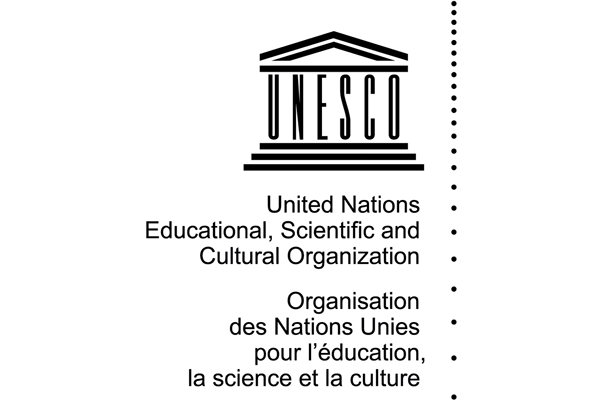Information and Communication Technology (ICT) can contribute to universal access to education, equity in education, the delivery of quality learning and teaching, teachers’ professional development and more efficient education management, governance and administration.
UNESCO takes a holistic and comprehensive approach to promoting ICT in education. Access, inclusion and quality are among the main challenges they can address. The Organization’s Intersectoral Platform for ICT in education focuses on these issues through the joint work of three of its sectors: Communication & Information, Education and Science.
UNESCO’s global network of offices, institutes and partners provide Member States with resources for elaborating ICT in education policies, strategies and activities. In particular, the UNESCO Regional Office for Eastern Africa implements various ICT in education projects in the region, covering themes including: Budgeting for ICT in education; Open Education Resources (OER) for teacher training; A continuum between pre- and in-service teacher training with the focus on UNESCO’s ICT Competency Framework for Teachers (ICT-CFT); ICT for assessment; and Impact measurement of ICT for education projects.
UNESCO Regional Office for Eastern Africa website – www.unesco.org/new/en/nairobi


